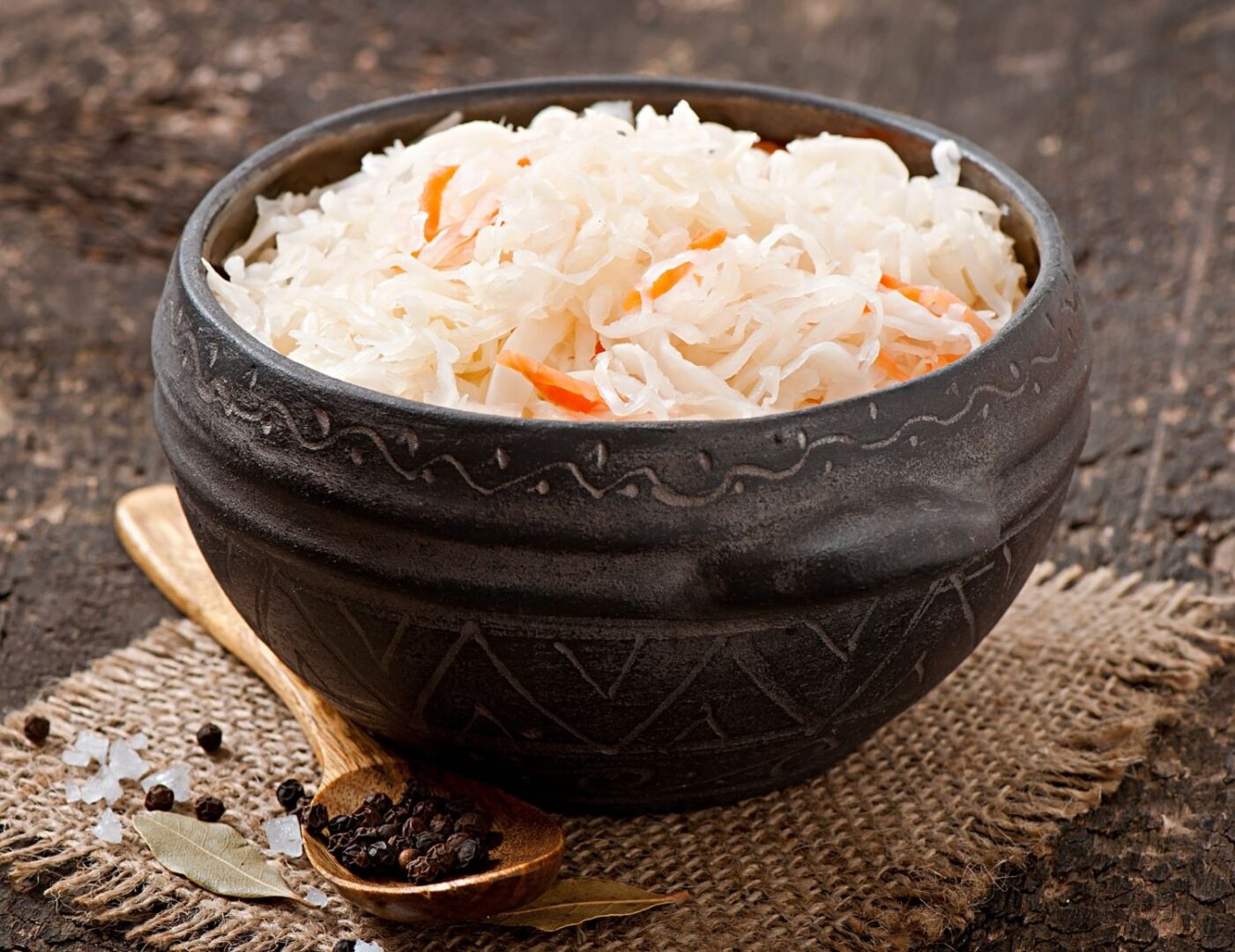In the quest to naturally support our immune function, one of the most effective strategies lies in our diet, particularly through the inclusion of fermented foods. These nutrient-rich foods are packed with probiotics, the beneficial bacteria that play a crucial role in maintaining a healthy gut microbiome. A well-balanced gut microbiome not only supports digestion but also plays a vital role in strengthening the immune system. In this article, we’ll explore the connection between fermented foods, gut health, and immunity, and offer practical tips on how to incorporate these foods into your daily diet.
Understanding the Gut-Immune Connection
The gut is home to trillions of microorganisms that make up the gut microbiome. This complex community of bacteria, viruses, fungi, and other microbes is essential for various bodily functions, including digestion, nutrient absorption, and immune regulation. Approximately 70% of the immune system is located in the gut, making the health of your gut microbiome critical to your overall immune function.
How the Gut Microbiome Influences Immunity
- Barrier Function: The gut lining acts as a barrier, preventing harmful pathogens from entering the bloodstream. A healthy gut microbiome supports this barrier by promoting the production of mucus and tight junctions between cells (learn more about gut health).
- Immune Modulation: The gut microbiome interacts with the immune system, helping to modulate immune responses. Beneficial bacteria can stimulate the production of anti-inflammatory cytokines, which reduce the risk of chronic inflammation—a key factor in many diseases.
- Antimicrobial Production: Certain strains of gut bacteria produce antimicrobial substances that help fend off harmful pathogens, further supporting immune function.
The Power of Fermented Foods
Fermented foods are foods that have been through a process of lacto-fermentation, where natural bacteria feed on the sugar and starch in the food, creating lactic acid. This process not only preserves the food but also creates beneficial enzymes, B-vitamins, omega-3 fatty acids, and various strains of probiotics.
Common Fermented Foods and Their Benefits
- Yogurt: Rich in probiotics, yogurt is one of the most well-known fermented foods. It supports gut health by introducing beneficial bacteria that enhance the gut microbiome and improve digestion. It also supports immune function by increasing the production of antibodies and enhancing the activity of natural killer cells.
- Kefir: A fermented milk drink, kefir contains a diverse range of probiotic strains that help to colonize the gut with beneficial bacteria. Kefir is known for its ability to improve digestion and support the immune system by reducing inflammation and enhancing the body’s natural defences (explore the benefits of kefir).
- Sauerkraut: Made from fermented cabbage, sauerkraut is a potent source of probiotics, as well as vitamins C and K. The fermentation process increases the bioavailability of these nutrients, making them more easily absorbed by the body. Regular consumption of sauerkraut can support a healthy gut and bolster the immune system.
- Kimchi: A staple in Korean cuisine, kimchi is a fermented vegetable dish that is rich in probiotics, fibre, and antioxidants. It supports gut health by promoting the growth of beneficial bacteria and has been shown to enhance immune function by reducing oxidative stress and inflammation.
- Miso: A traditional Japanese seasoning made from fermented soybeans is miso. It supports gut health by introducing beneficial bacteria and helps to modulate the immune system by reducing inflammation and promoting healthy immune responses (discover miso’s role in health).
Incorporating Fermented Foods into Your Diet
Incorporating fermented foods into your diet is an easy and effective way to support both gut health and immune function. Here are some practical tips on how to do it:
- Start with Breakfast: Add a serving of yogurt or kefir to your morning routine. You can enjoy it on its own, mixed with fruits and nuts, or blended into a smoothie for a probiotic-rich start to your day.
- Enhance Your Meals: Use sauerkraut, kimchi, or miso as a condiment or side dish. These fermented foods pair well with a variety of dishes and can add a probiotic boost to your meals.
- Experiment with New Recipes: Try incorporating fermented foods into your cooking. For example, miso can be used in soups, dressings, and marinades, while kimchi can be added to stir-fries, sandwiches, or salads (find more fermented food recipes).
- Gradual Introduction: If you’re new to fermented foods, start slowly. Introducing too many probiotics at once can cause temporary digestive discomfort. Begin with small servings and gradually increase the amount as your gut adjusts.
The Takeaway: Support Your Immune System with Fermented Foods
Incorporating fermented foods into your diet is a simple yet powerful way to support your gut health and boost your immune function. By providing your gut with beneficial bacteria and nourishing them with prebiotics, you can create a balanced and resilient gut microbiome that plays a crucial role in your overall health.
Book Your Consultation Today
If you’re interested in learning more about how fermented foods and other dietary strategies can support your immune system, I’m here to help. Together, we can create a personalized nutrition plan that meets your unique health needs.
#FermentedFoods #GutHealth #ImmuneBoost




